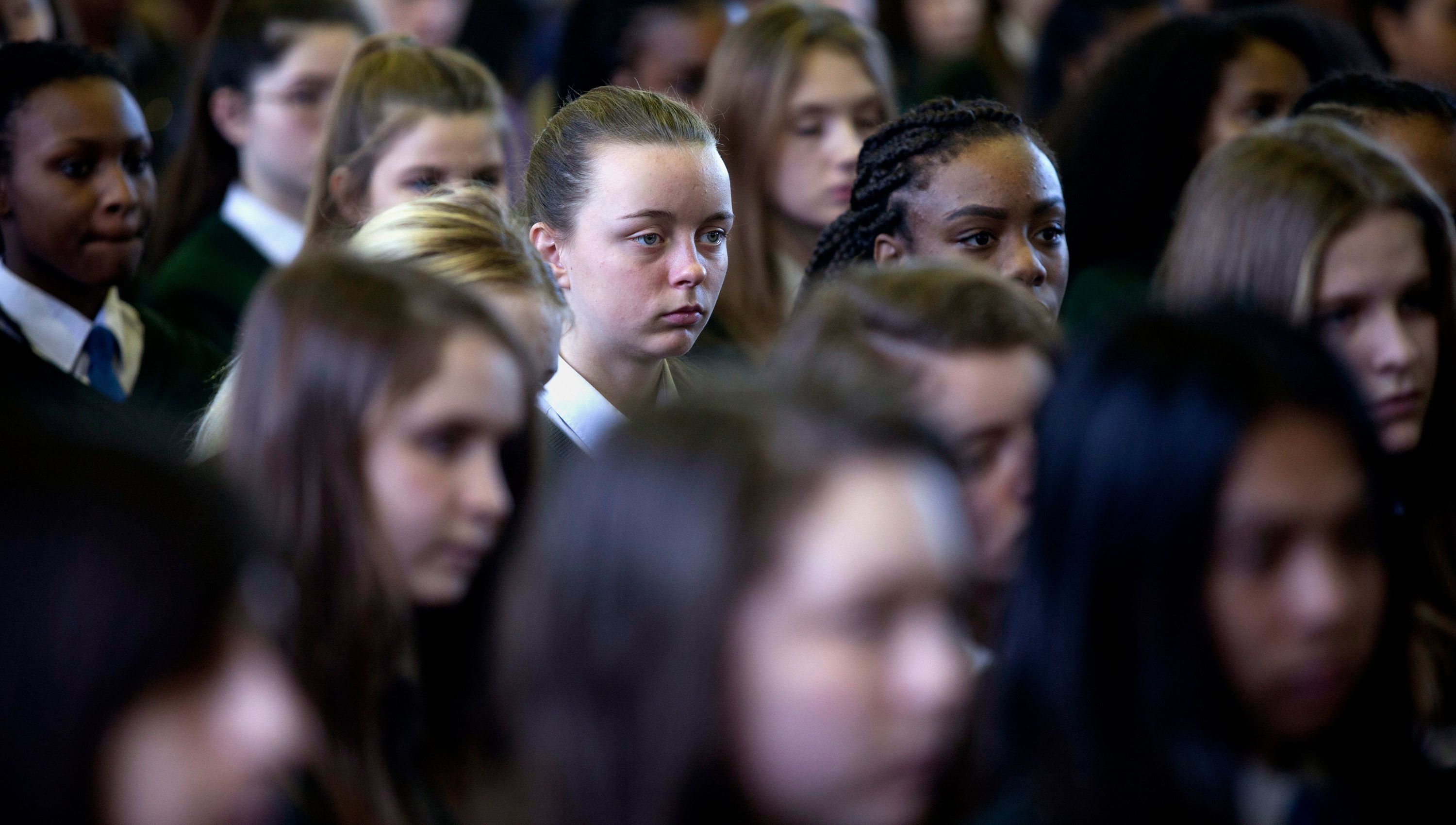Remember that psychedelic substances are illegal in most jurisdictions.
If you have physical or mental health issues, speak to a sympathetic doctor before experimenting with psychedelics. People with a history of psychosis or bipolar disorder are usually not allowed to participate in psychedelic research trials because they face heightened risks.
Ensure you are in a physically safe, controlled environment. Always start with a low dose.
Don’t take psychedelic drugs on your own. Find an experienced guide or therapist whom you trust.
Use word of mouth at psychedelic societies and elsewhere to source psychedelic substances safely, and use online testing kits to ensure their quality. Alternatively, for greater safety, consider signing up to a research trial conducted at a university.
Remember the importance of set and setting. Work with a guide who will help you prepare for your psychedelic journey, sit with you during the experience, and conduct integration with you for several weeks or months afterwards.
NEED TO KNOWWHAT
TO DO KEY POINTS LEARN MORE LINKS & BOOKS
Learn more
The main safety challenges confronting anyone who wishes to experiment with psychedelics stem from their illegality, meaning that there is no formal regulation of the training of psychedelic guides, nor is there a reliable way to source the drugs safely. Many researchers in the field, including Sessa, have been campaigning for drug-law reforms for decades. ‘The current situation is a total practical folly and extremely dangerous, utterly immoral and totally unpoliceable,’ he says. ‘It’s putting our heads in the sand and not addressing the fact that many people will take these drugs. It’s like the prohibition era in the States but on a much larger scale. The only way to control potentially dangerous drugs is through appropriate regulation. Imagine if scuba diving were outlawed – people would still do it, but now there were would be poor training, poor equipment and loads of people dying.’
Until the laws are changed, and outside of a research environment, the best route to a safe experience lies in finding a suitably trustworthy and experienced guide – someone who is vouched for by others. And it’s key that this guide will work with you before and after your psychedelic journey.
‘There’s lots of underground therapists in this country and elsewhere, these so-called healer/shaman/guru-type people who will quite happily take you down to Totnes and take four grand off you and take you into their yurt and give you a bag of mushrooms, but they won’t give you the other stuff; they won’t do the preparation and they won’t do the integration, so people are left hanging high and dry,’ says Sessa. ‘I always say to people who’ve found a so-called shaman or healer: “Ask this guy if he will see you for three weeks before and three weeks afterwards, and I bet he won’t.” That’s the bit that’s missing, not only from recreational use, but also from underground use.’
Until the laws change, signing up to a research trial is probably the least risky way to experience a psychedelic trip. These are being conducted at various research institutions around the world, principally: the University of Bristol, Imperial College London, Newcastle University and Manchester University in the UK; and at Johns Hopkins University in the US.
NEED TO KNOW WHAT
TO DO KEY POINTS LEARN MORE LINKS & BOOKS
Links & books
Erowid is a US-based organisation that provides ‘reliable, nonjudgmental information about psychoactive plants, chemicals, and related issues’.
Bluelight is an ‘international, online, harm-reduction community committed to reducing the harms associated with drug use’.
The Multidisciplinary Association for Psychedelic Studies (MAPS) is a US-based ‘non-profit research and educational organisation that develops medical, legal, and cultural contexts for people to benefit from the careful uses of psychedelics and marijuana’.
DanceSafe is a public health organisation, founded in California, that provides ‘a nonjudgmental perspective to help support people who use drugs in making informed decisions about their health and safety’.
PsychonautWiki is a ‘community-driven online encyclopaedia that aims to document the field of psychonautics in a comprehensive, scientifically grounded manner’.
The Psychedelic Renaissance (2nd ed, 2017) by Ben Sessa is an excellent introductory textbook that describes the cultural history of psychedelics, and is the most up-to-date review of contemporary work in the field.
Consciousness Medicine: Indigenous Wisdom, Entheogens, and Expanded States of Consciousness for Healing and Growth (2019) by Françoise Bourzat with Kristina Hunter is a ‘comprehensive guide to the safe and ethical application of expanded states of consciousness for therapists, healing practitioners, and sincere explorers’.
How to Change Your Mind: What the New Science of Psychedelics Teaches Us About Consciousness, Dying, Addiction, Depression, and Transcendence (2018) by Michael Pollan is a ‘brilliant and brave investigation into the medical and scientific revolution taking place around psychedelic drugs – and the spellbinding story of his own life-changing psychedelic experiences’.
Disclaimer
The recreational use of LSD, MDMA, DMT, psilocybin and similar substances is currently illegal in most jurisdictions around the world.
Information and support for those affected by substance abuse can be found at the BBC’s addiction page.
Tweet
Share
17 JUNE, 2020

STORIES AND LITERATURE
IDEA
Selfish, grumpy and unkind? That’s my kind of woman
by Ellena Savage

MINDFULNESS AND MEDITATION
IDEA
It’s time to hear what adolescents think of mindfulness in schools
by Elena Hailwood, William Wannyn & Suparna Choudhury

POETRY
No comments:
Post a Comment